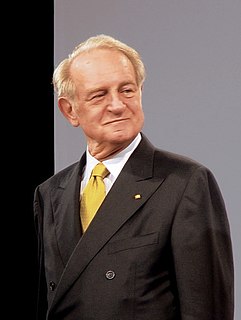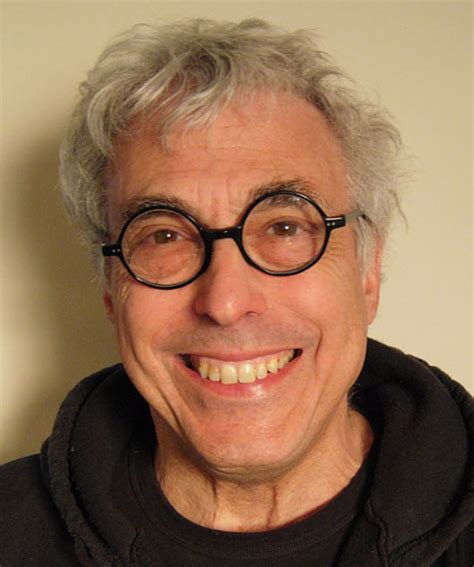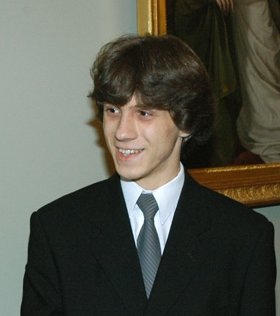A Quote by George Santayana
A musical education is necessary for musical judgement. What most people relish is hardly music; it is rather a drowsy reverie relieved by nervous thrills.
Related Quotes
When you step out and do a song in a musical, the easier thing to do is make it funny. But when those transitions become necessary, when they aren't camp, that, to me, is magic. I've done musical comedies and enjoyed them, but subject matter that's deeper and more realistic is always what's appealed to me most.
It is fruitless to search for a single musical style, or even any blend of musical styles, that can assist all Christians with true worship. The followers of Jesus are a far too diverse group of people-which is exactly as it should be. We need, rather, to welcome any worship music that helps churches produce disciples of Jesus Christ.







































